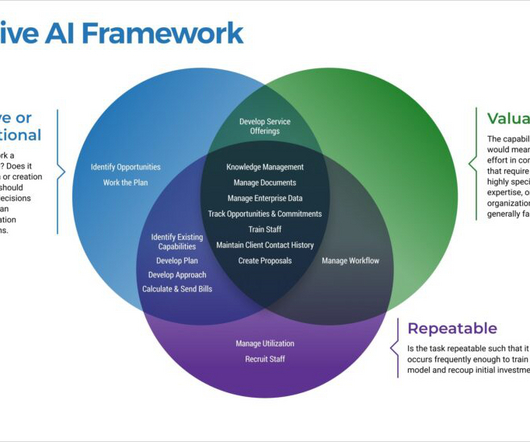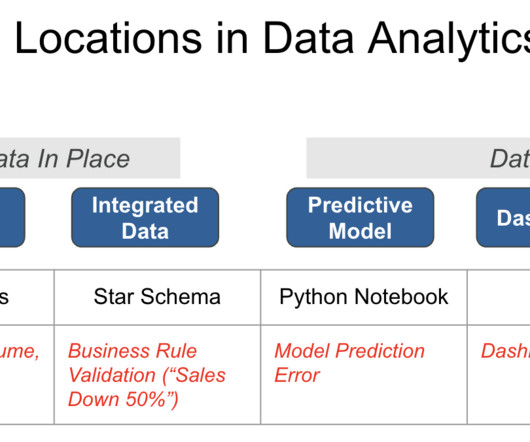The state of data quality in 2020
O'Reilly on Data
FEBRUARY 11, 2020
We suspected that data quality was a topic brimming with interest. The responses show a surfeit of concerns around data quality and some uncertainty about how best to address those concerns. Key survey results: The C-suite is engaged with data quality. Adopting AI can help data quality.














Let's personalize your content